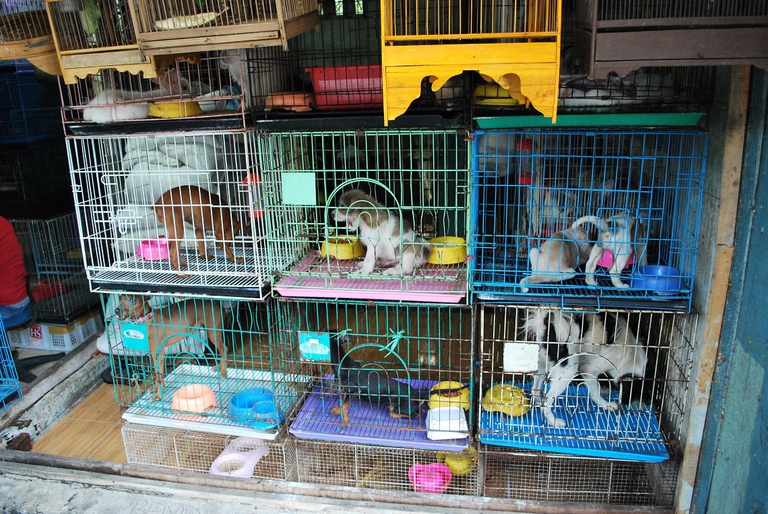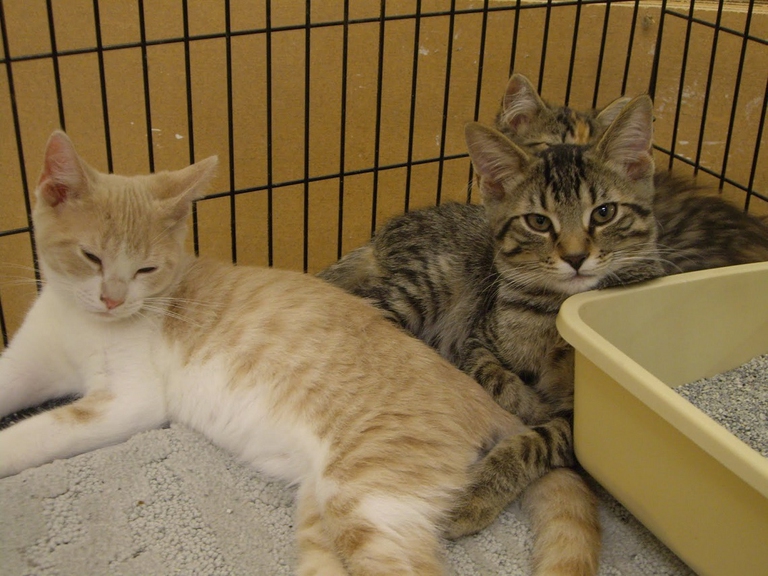
Niseko, Toya-Usu and Shiraoi are three Hokkaido destinations for travellers who want to feel close to the communities they’re visiting.
The city’s move is aimed to crack down on pet shops that sell animals form commercial breeders and promote adoptions from shelters.
Boston’s ban on pet stores and commercial breeders selling pets such as dogs, cats and rabbits is a good example of civility. The ordnance, called “Puppy Bill Mill” and unanimously approved by the city’s administration, aims to tackle the commercialisation of animals, which are often considered a mere source of income, and foster adoptions of the animals living in shelters.
Boston is not the first US city to forbid pet shops to sell animals, a similar ban has been enacted in more than 120 other cities, including Chicago, Los Angeles and San Francisco.
“We’re really excited that Boston continues to be a leader in animal protection,” said Kara Holmquist, director of advocacy for the Massachusetts Society for the Prevention of Cruelty to Animals. The ordnance, which will enter into force in 2017, will allow shopkeepers to work with animal shelters, doghouses and rescue agencies to promote adoptions. This is an ethical and forward-looking choice that will benefit the animals as well as the city.
Cruel practices are hidden behind the pet trade industry: during their exhausting trip to the animal shop, puppies and kittens coming from breeders, where they’re often kept in inadequate sanitary conditions, are snatched from their mothers too soon and not socialised. The ban will promote adoptions in doghouses and animal shelters, improving the animals’ condition and reducing the city’s and citizens’ management costs.
While looking forward to the adoption of a similar measure in all countries, remember that we can contribute to put an end to this trade choosing to adopt animals that are looking for homes. Because friends are not for sale.
Siamo anche su WhatsApp. Segui il canale ufficiale LifeGate per restare aggiornata, aggiornato sulle ultime notizie e sulle nostre attività.
![]()
Quest'opera è distribuita con Licenza Creative Commons Attribuzione - Non commerciale - Non opere derivate 4.0 Internazionale.
Niseko, Toya-Usu and Shiraoi are three Hokkaido destinations for travellers who want to feel close to the communities they’re visiting.
We talked to World Happiness Summit organiser Karen Guggenheim about the connection between the planet’s health and our happiness.
The new generation of high-performance wood materials offers unexpected hi-tech possibilities to the worlds of design and architecture.
A group of experts in Tokyo suggested pouring radioactive water from Fukushima into the open sea. A marine biochemist explains the consequences of this absurd decision.
By recovering clothes discarded in the West, Togolese designer Amah Ayiv gives them new life through his high fashion creations.
All catwalks in July will be broadcast online: after Paris, it’s Milan Digital Fashion Week’s turn. And the biggest beneficiary is the environment.
Disabled travellers need not fear Japan. Accessible Japan founder Josh Grisdale tells us about his commitment to opening the country’s doors to everyone.
Kalongo Hospital in Uganda is on high alert. Medics are facing the pandemic amid an already precarious healthcare situation, in a country with only 55 intensive care beds.
Indigenous peoples in the isolated region are suffering from poor access to health, with several cities becoming hotspots of coronavirus in the Amazon. Indigenous leaders, health experts and NGOs are calling for international help.










